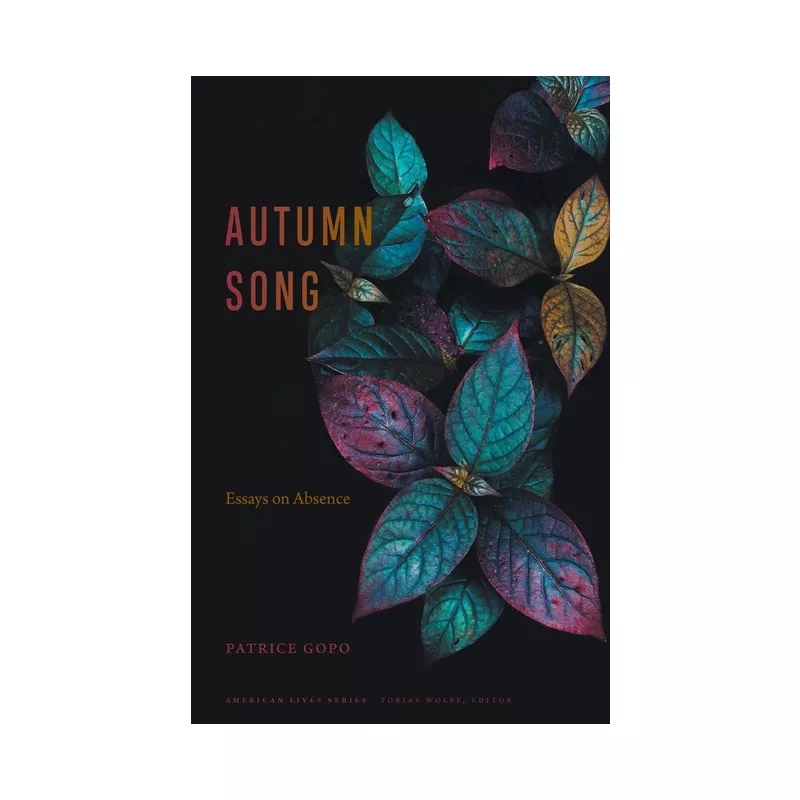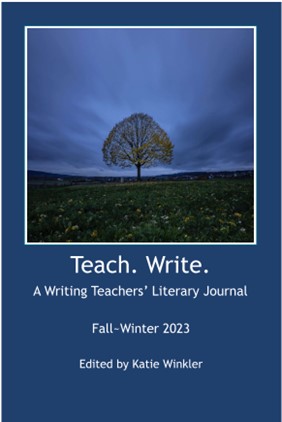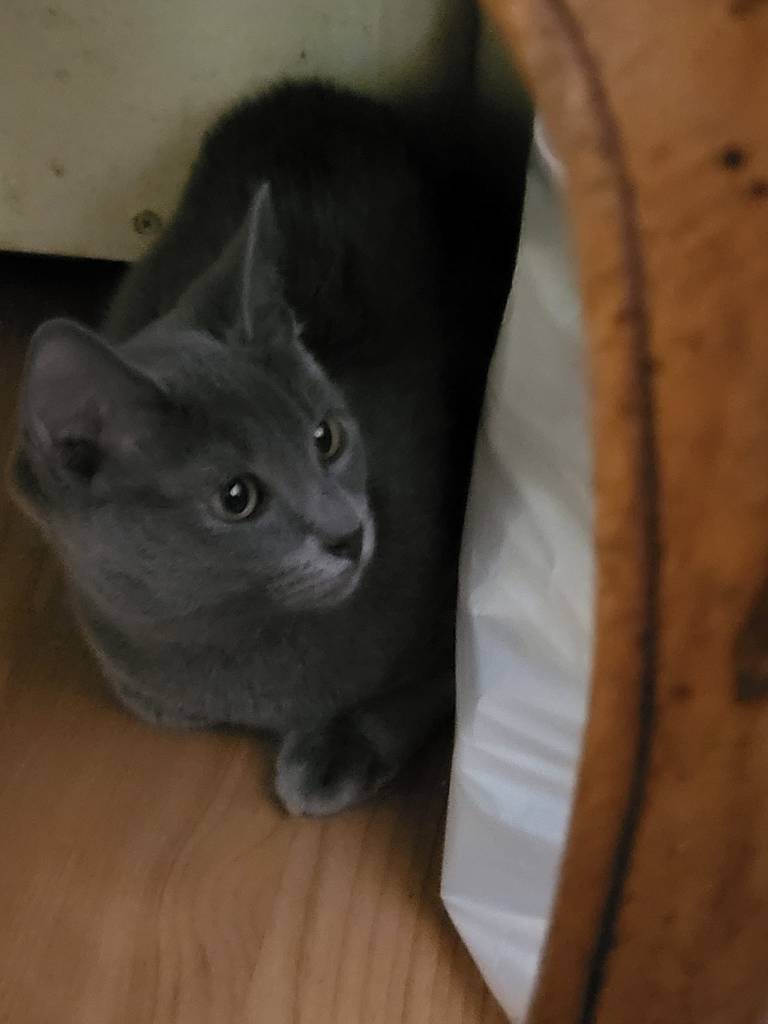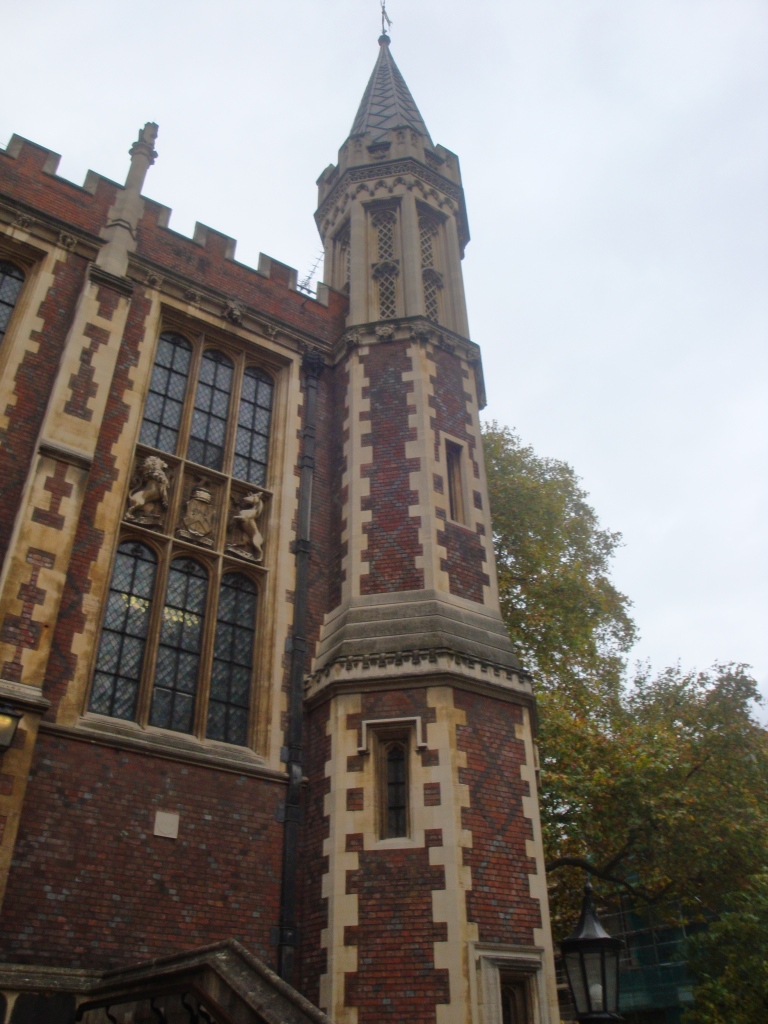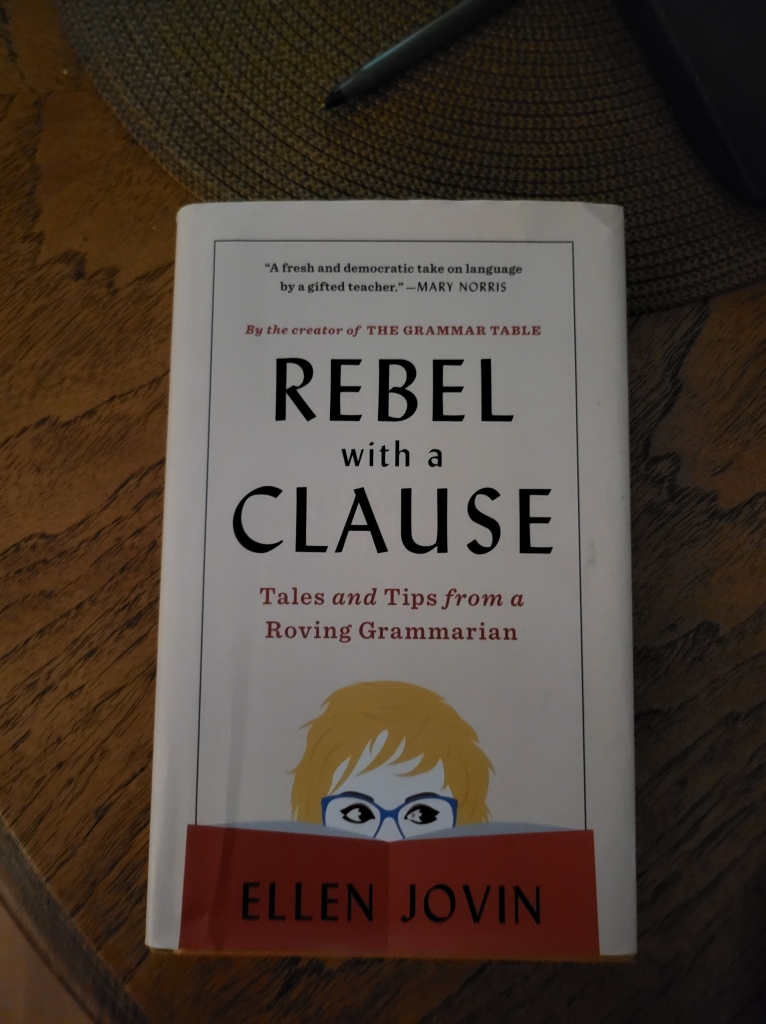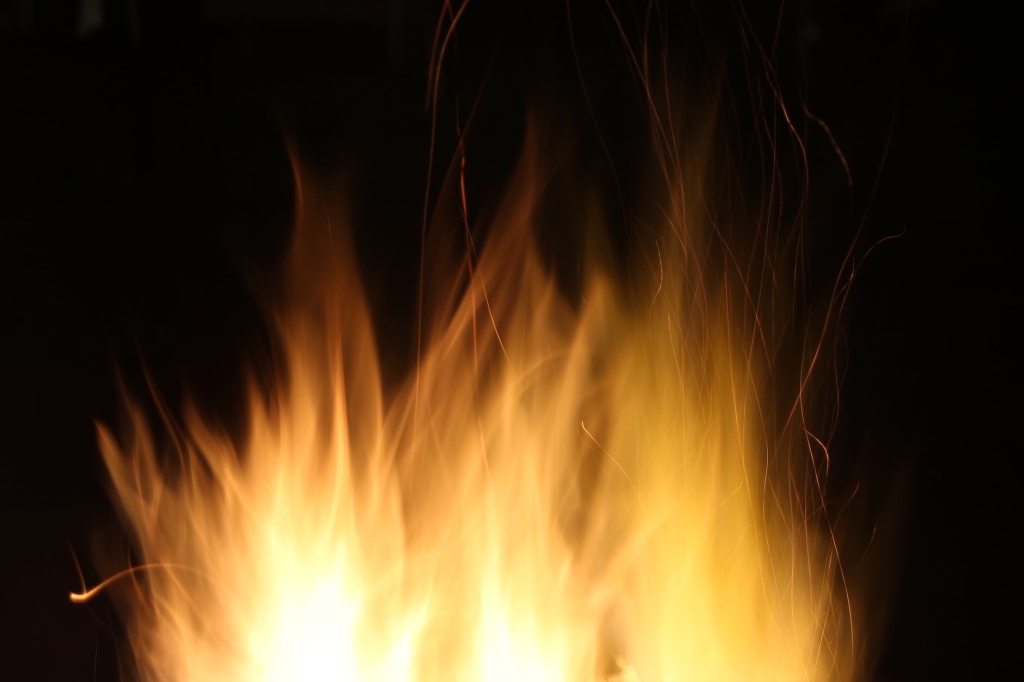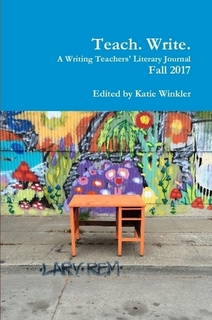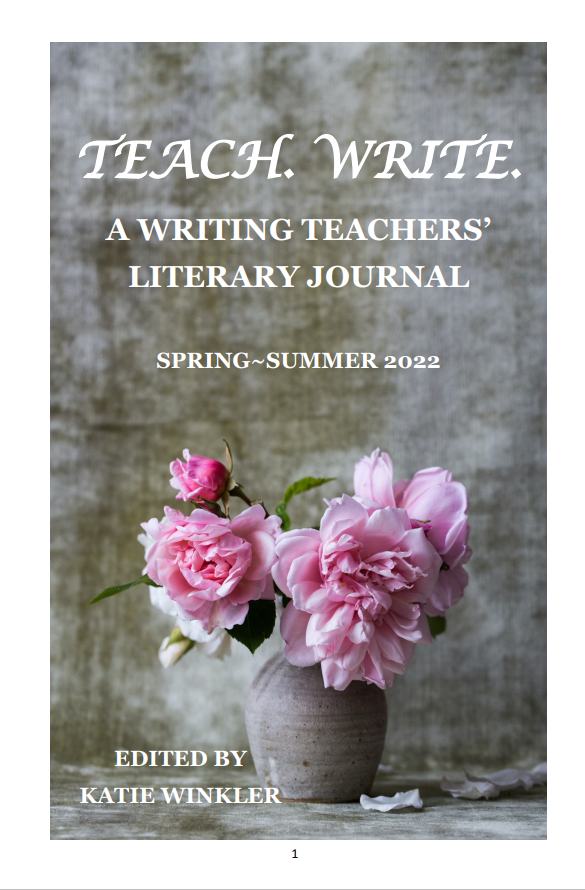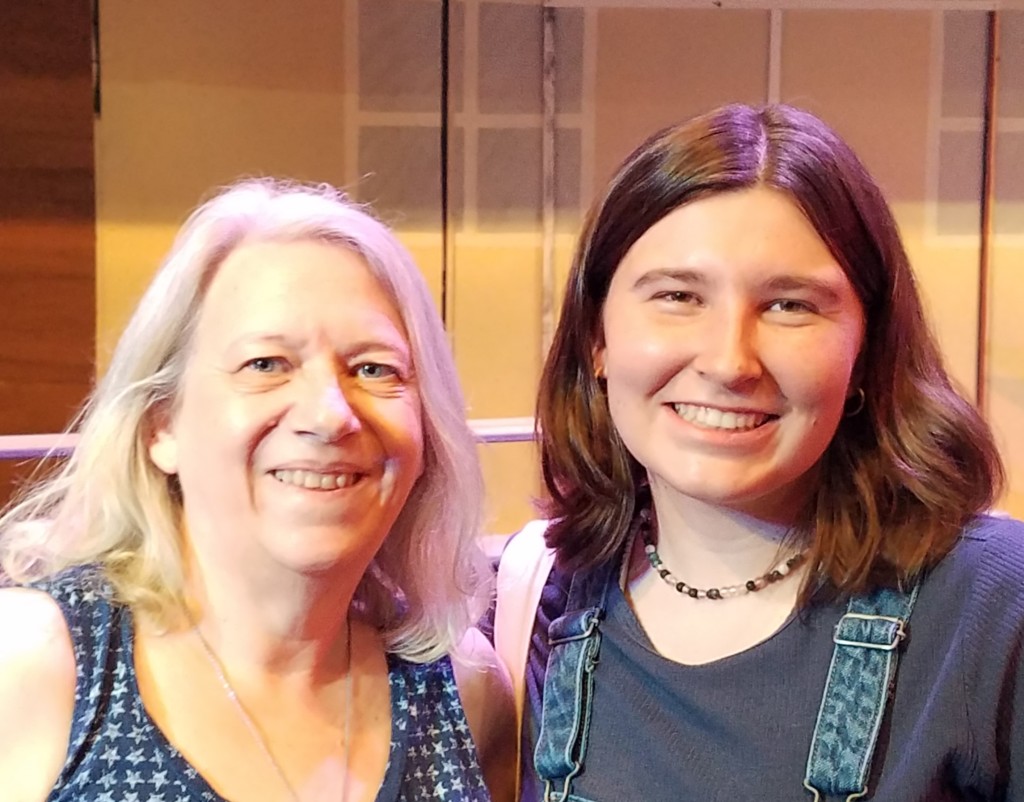Total honesty. I wasn’t really looking forward to the North Carolina Writers’ Network fall conference as much as I have in the past. I’m not sure why, but I think the main reason was my inner critic. I guess sometimes I don’t think I deserve to call myself a writer. I know I am one, but, oh, I don’t know what I mean. I think I should have had a book published by now, I suppose. I have had many short stories published. I’ve had four plays produced, I blog, I edit and publish a journal, but….
But, but, but, but…why do I do this to myself?
Anyway, this is the way I had been talking to myself BEFORE the conference.
First, thing, though, I saw two writer friends whom I hardly ever see except at writing conferences. We talked about our writing, got caught up on life events, our families. We ate several of our meals together and chatted about what we learned from the sessions we attended. I always feel so much better when I get together with other writers. They get me. So, they totally understood why I was so happy to find out that my play “A Carolina Story” made it to the finals for the Dramatists Guild Foundation’s Virtual Musical Theatre Fellowship.
I was also glad I went because of the quality faculty. All my sessions were led by people with the knowledge, experience, and wisdom that I was looking for. Most memorable was the session on writing books of essays led by Patrice Gopo because it helped me get a breakthrough about how I want to structure Lessons, the teaching memoir/methods book that I’m working on. I can’t wait to read her book Autumn Song to see how she applied the techniques described in her session.
Another great thing that happened is I met one of my contributors. He walked up to me and introduced himself, saying how much he appreciated my acceptance of his work for the last edition of Teach. Write. Especially meaningful was how he thanked me for giving teachers an outlet for their work. Man, made me feel good.
Finally, I just had fun. I was relaxed. It was the first conference I attended without having to worry about checking work e-mail in between sessions or getting behind in planning classes, maintaining online courses, or grading essays. It was glorious to use my break just to walk around the little lake by the conference hotel on a glorious autumn day.
If you’ve never heard of the North Carolina Writers’ Network, then I encourage you to check it out. You don’t have to live in North Carolina to be a member. The thing I like most about it, as I rediscovered this past weekend, is that it is a true network of writers, and more than a few teachers, who teach and learn from each other, who understand the struggles and triumphs of the writing life.

